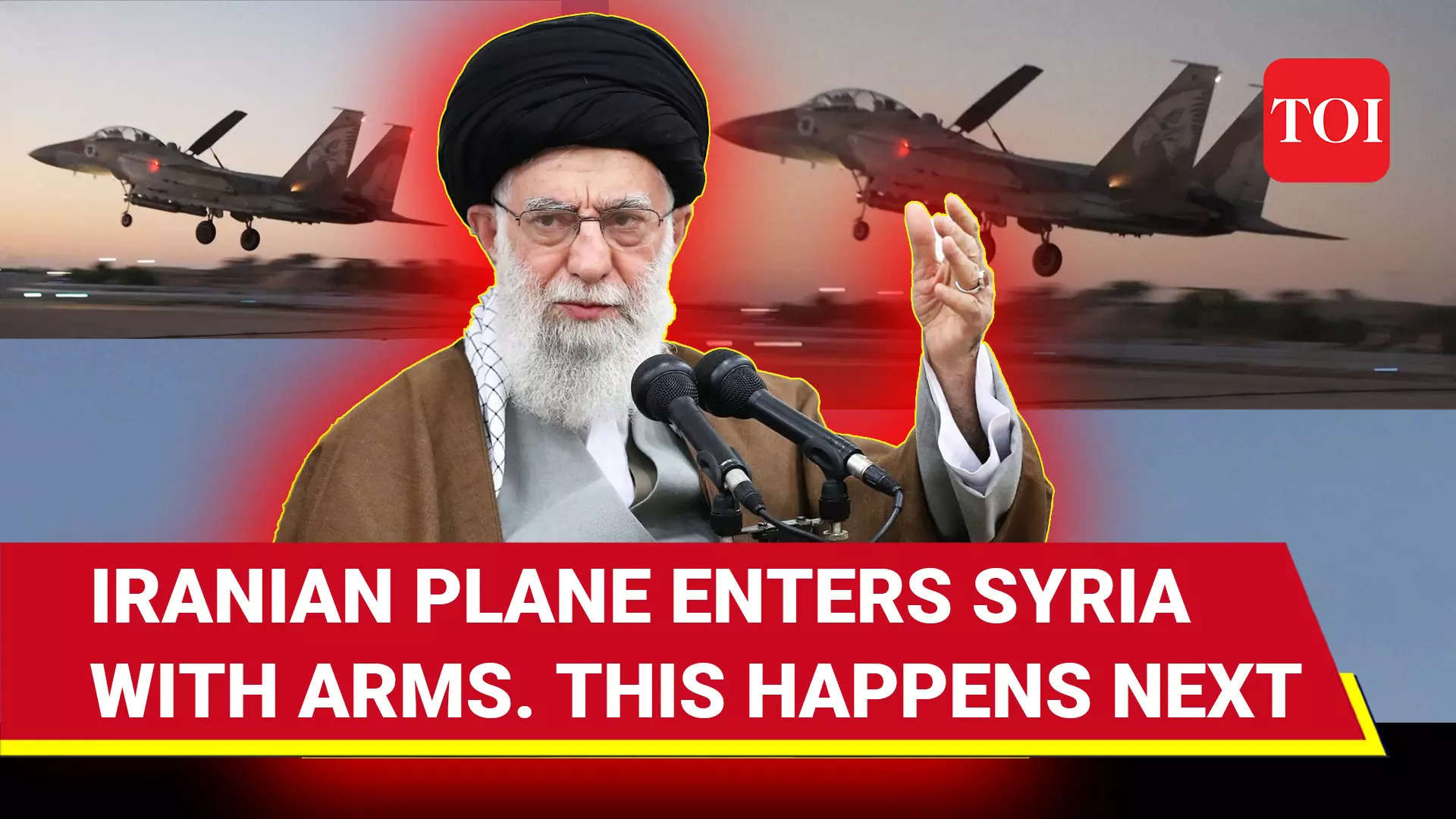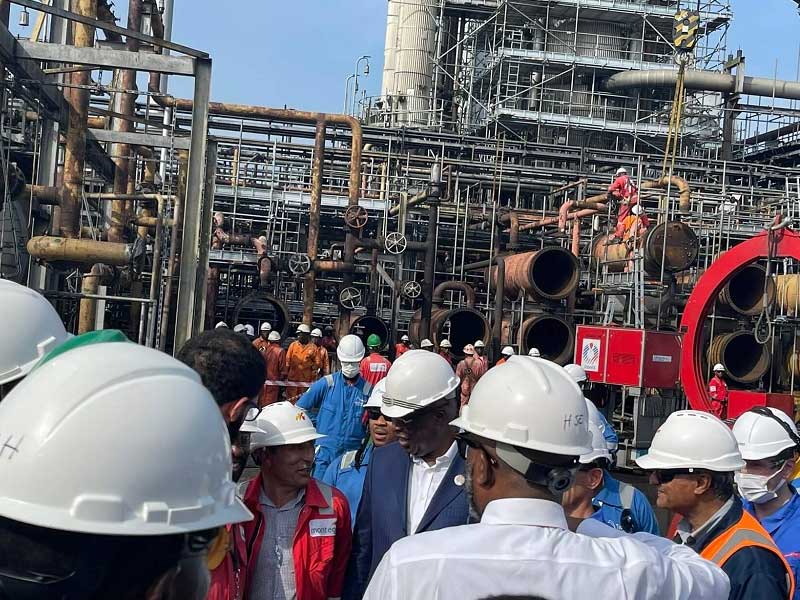
BAKU: With countries reaching a consensus on the standards for creation of carbon credits for the larger issue of setting up carbon markets, India on Tuesday expressed that it expects to conclude the work on the issue at the ongoing COP29 and pitched for "adequate, predictable and accessible" finance under the new post-2025 climate finance goal. The remarks came as a group of developing countries (G77, including India, plus China) rejected an existing text on finance goals as it did not have clarity on the quantum as well as sources of finance. In the backdrop of such a development on the second day of the UN climate talks, Indian negotiators said since the New Collective Quantified Goal (NCQG) on climate finance is a key element in the discussions at the COP29, India would continue to be vocal about the need for adequate finance for the Global South (developing countries).
"COP29 should ensure that climate finance is adequate, predictable, accessible, grant-based, low-interest and long-term," said an Indian negotiator. His remarks reflect the sentiments of developing countries, represented by the G77 plus China grouping, which want the NCQG text to clearly specify an amount of at least $1.3 trillion per year from developed to developing countries, with a significant provision component for adaptation, mitigation, and loss and damage.

"At present, much of climate finance discussions are focused on investments in mitigation actions. The COP29 should maintain balance and highlight the urgency of addressing adaptation needs, particularly for vulnerable communities in developing countries," said the negotiator, spelling out India's stand on NCQG and carbon market — two issues which are considered yardsticks to judge the outcome of this round of the climate conference. India has already sought a clear definition of climate finance, as reported by TOI on Monday, to bring clarity on the entire issue.
Article 6 of the Paris Agreement deals with the global carbon market issue. Late Monday, countries agreed on the article’s sub-section 6.4, which will enable climate action by increasing demand for carbon credits and ensure that the international carbon market operates with "integrity under the supervision of the United Nations".
Marketing Digital marketing - Wordpress Website Development By - Shraddha Somani, Digital Marketing Trainer, Consultant, Strategiest and Subject Matter expert View Program Finance Financial Literacy i.e Lets Crack the Billionaire Code By - CA Rahul Gupta, CA with 10+ years of experience and Accounting Educator View Program Office Productivity Microsoft Word Mastery: From Beginner to Expert By - CA Raj K Agrawal, Chartered Accountant View Program Strategy ESG and Business Sustainability Strategy By - Vipul Arora, Partner, ESG & Climate Solutions at Sattva Consulting Author I Speaker I Thought Leader View Program Office Productivity Mastering Microsoft Office: Word, Excel, PowerPoint, and 365 By - Metla Sudha Sekhar, IT Specialist and Developer View Program Web Development Intermediate C++ Skills: Master Pointers, Structures and File Stream By - Metla Sudha Sekhar, IT Specialist and Developer View Program Artificial Intelligence(AI) Basics of Generative AI: Unveiling Tomorrow's Innovations By - Metla Sudha Sekhar, IT Specialist and Developer View Program Strategy Succession Planning Masterclass By - Nigel Penny, Global Strategy Advisor: NSP Strategy Facilitation Ltd. View Program Marketing Future of Marketing & Branding Masterclass By - Dr.
David Aaker, Professor Emeritus at the Haas School of Business, UC Berkeley, Author | Speaker | Thought Leader | Branding Consultant View Program Data Science SQL for Data Science along with Data Analytics and Data Visualization By - Metla Sudha Sekhar, IT Specialist and Developer View Program Leadership Business Storytelling Masterclass By - Ameen Haque, Founder of Storywallahs View Program Finance A2Z Of Money By - elearnmarkets, Financial Education by StockEdge View Program Web Development A Comprehensive ASP.NET Core MVC 6 Project Guide for 2024 By - Metla Sudha Sekhar, IT Specialist and Developer View Program Web Development Intermediate Java Mastery: Method, Collections, and Beyond By - Metla Sudha Sekhar, IT Specialist and Developer View Program Web Development C++ Fundamentals for Absolute Beginners By - Metla Sudha Sekhar, IT Specialist and Developer View Program Marketing Digital Marketing Masterclass by Neil Patel By - Neil Patel, Co-Founder and Author at Neil Patel Digital Digital Marketing Guru View Program Web Development Advanced Java Mastery: Object-Oriented Programming Techniques By - Metla Sudha Sekhar, IT Specialist and Developer View Program Finance Tally Prime & GST Accounting: Complete Guide By - CA Raj K Agrawal, Chartered Accountant View Program Artificial Intelligence(AI) Generative AI for Dynamic Java Web Applications with ChatGPT By - Metla Sudha Sekhar, IT Specialist and Developer View Program Web Development Django & PostgreSQL Mastery: Build Professional Web Applications By - Metla Sudha Sekhar, IT Specialist and Developer View Program “This will be a game-changing tool to direct resources to the developing world. Following years of stalemate, the breakthroughs in Baku have now begun.
But there is much more to deliver," said COP29 president Mukhtar Babayev while identifying the full operationalisation of Article 6 as a key negotiating priority this year. It is believed that the finalising Article 6 negotiations could reduce the cost of implementing national climate plans by $250 billion per year by enabling cooperation across borders. On the carbon market, Indian negotiators said the COP29 should be able to agree to a mechanism which uses market-based instruments (such as carbon credits) to incentivise low carbon development.
"Countries should establish clearer rules for global carbon markets which do not create unfair barriers to trade or development. It instead addresses the technology and finance gaps for supporting developing nations," said a negotiator while speaking on India's stand. (You can now subscribe to our Economic Times WhatsApp channel ).














